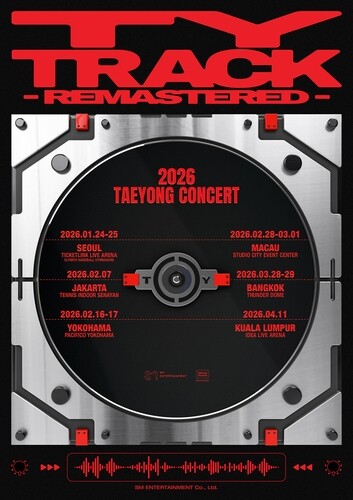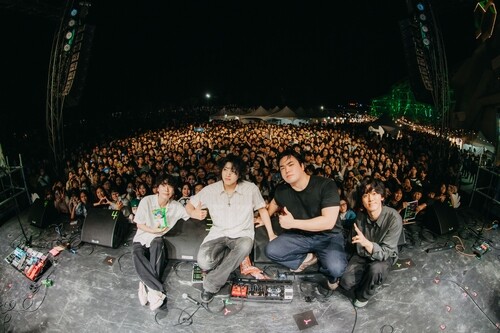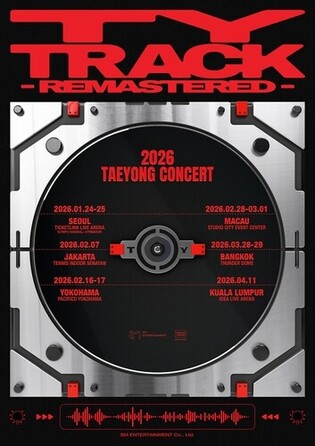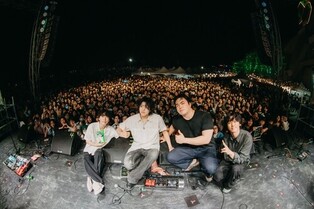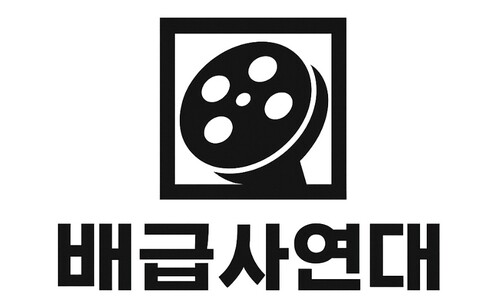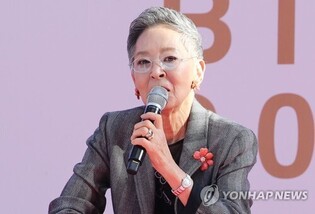*Editor’s note: The number of global Hallyu (Korean Wave) fans is approaching approximately 225 million, according to the 2024 report by the Korea Foundation. The surge in fans marks the dawn of the "Digital Silk Road" era, where communication transcends the limitations of time and space, enabling real-time interaction across the globe. Truly, we are in the era of "Hallyu 4.0."
Suk Soo-sun's Design Management Story: AI Innovation and Medical Tourism (Part 1)
Contributed by Suk Soo-sun (professor at Yonsei Graduate School of Communication & Arts)
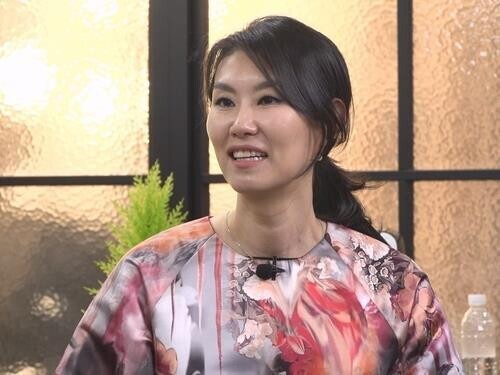
The “Medical Korea 2025” event, which concluded on the 23rd at COEX in Seoul, served as a platform where global healthcare professionals gathered to share the latest trends in international healthcare. Hosted by the Ministry of Health and Welfare and organized by the Korea Health Industry Development Institute, this 15th edition of Medical Korea has played a key role in promoting international cooperation in the healthcare industry—ranging from attracting foreign patients to supporting the global expansion of Korean medical institutions.
A highlight of this year’s event was the keynote speech by Dr. Alistair Erskine, Chief Information Officer (CIO) of Emory Healthcare, the largest healthcare system in Georgia, USA. He presented case studies and future insights on the use of generative artificial intelligence (AI) in patient care. Another notable speaker, Professor Park Seung-min of Nanyang Technological University in Singapore—recipient of the Ig Nobel Prize for his research on a disease-detecting “smart toilet”—discussed how AI can be used to drive personalized preventative healthcare.
I also gave a lecture titled “The Future of Medical Korea in the Era of AI Innovation and Hyper-Personalization.” Throughout the event, six forums and two special sessions were held on themes such as “The Future of AI-Based Personalized Healthcare” and “Innovative Cancer Treatment Technologies in Korea and Their Global Competitiveness.” With over 50 domestic and international speakers, the conference was a meaningful occasion to explore the impact and strategic development of AI-based personalized healthcare across industries, treatment technologies, and medical tourism.
In recent years, Korea’s medical tourism industry has experienced unprecedented growth. After a sharp downturn due to the COVID-19 pandemic, the sector has rapidly recovered—with over 600,000 foreign patients visiting Korea in 2023 alone.
This figure exceeds pre-pandemic levels by more than 20%, reaffirming Korea’s position as a global hub for medical tourism. The leading countries of origin for patients are Japan (31.0%), China (18.5%), and the United States (12.7%), with a notable surge in visitors from Southeast Asia and the Middle East in recent times.
While dermatology and plastic surgery remain strong sectors, there has been a significant expansion into specialized medical services such as cancer treatment, Korean traditional medicine, and comprehensive health check-ups. Notably, cancer treatment has shown remarkable growth in foreign patient numbers in recent years, and Korean medicine has gained popularity among international patients seeking Korea’s unique treatment methodologies.
AI and hyper-personalization have played a critical role in this growth. Hyper-personalization refers to the use of extensive data to analyze individuals’ traits, preferences, and health conditions in order to deliver highly customized medical services.
For example, Seoul Samsung Hospital has achieved a 5-year gastric cancer survival rate of 87.7% through AI implementation. Additionally, the number of domestic AI-based drug development companies has surged from five in 2019 to forty in 2023, enhancing Korea’s global competitiveness in medical technology.
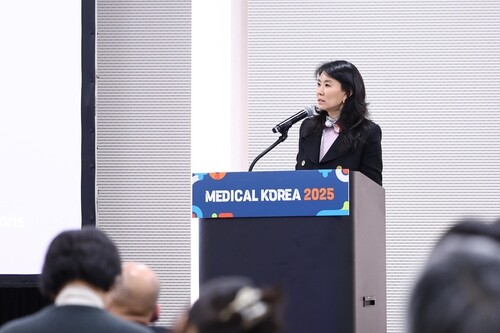 |
| ▲ This undated photo provided by the author shows her lecturing during the "2025 Medical Korea." (PHOTO NOT FOR SALE) (Yonhap) |
Accessibility and convenience of medical services have also improved significantly. The rise of metaverse-based virtual medical hubs has enabled foreign patients to consult with Korean medical professionals online from their home countries. AI-powered diagnostic platforms like Zoom and MIC Sickbay allow for real-time medical consultations anywhere, enabling immediate treatment upon actual visits.
These improvements in service quality have been further amplified by the introduction of AI agents and AI companions. AI companions provide psychological comfort and emotional support for patients, particularly helpful in alleviating anxiety during treatment.
Meanwhile, AI agents streamline administrative tasks such as multilingual interpretation, appointment scheduling, and electronic medical record management, thereby maximizing patient convenience and reducing the workload of medical staff.
Another unique aspect of Korean medical tourism is its integration with rich cultural content. In fact, 41.3% of foreign patients reported that their decision to choose Korea was influenced by Korean Wave (Hallyu) content such as K-POP and dramas. Particularly in Southeast Asia and the Middle East, the Korean Wave’s influence is so strong that hospitals in districts like Gangnam now offer packages combining medical treatments with cultural experiences such as K-POP concerts and hanbok wellness programs.
This strategy allows foreign patients to not only receive medical treatment but also enjoy immersive cultural experiences in Korea.
Korea’s global competitiveness in medical tourism is being further strengthened through the fusion of AI technologies, reasonable pricing, high treatment success rates, and abundant cultural content.
The Korean government is also actively supporting industry growth through initiatives such as simplifying medical visa procedures, expanding one-stop services, and strengthening cooperation with regions like the Middle East and the Commonwealth of Independent States (CIS). These measures lay the foundation for the industry’s projected growth to over USD 3 billion (approximately KRW 4.4 trillion) by 2032.
Despite this success, challenges remain.
One key issue is the lack of an integrated AI platform, which results in information asymmetry and lingering concerns among foreign patients. To address this, it is urgent to develop an integrated platform that enables real-time communication and efficiently manages the entire patient journey.
Additionally, to enhance Korea’s global competitiveness, there is a need to more clearly define and promote the “Medical Korea” brand. Conveying Korea’s unique medical service strengths to overseas markets through national strategies—combining AI-driven personalized healthcare with Hallyu cultural content—will be essential in firmly establishing Korea as a global leader in medical tourism.
Ultimately, the success of medical tourism lies in a comprehensive approach that combines advanced medical technologies, patient-centered services, and cultural content.
Korea is leading the global market by offering a differentiated medical tourism experience powered by AI innovation, hyper-personalized services, and the rich cultural appeal of Hallyu. User-friendly and patient-centered platform design will also become a key differentiator.
Now is the time for the government and private sector to strengthen collaboration, continuously improve services and infrastructure, and solidify Korea’s global status in medical tourism.
(C) Yonhap News Agency. All Rights Reserved


















![[풀영상] 디즈니+ '메이드 인 코리아' 제작발표회|현빈 Hyunbin·정우성 Jung Woosung·우도환·서은수·원지안·정성일·강길우·노재원·박용우|Made In Korea](/news/data/20251215/p179554206856695_165_h.jpg)





